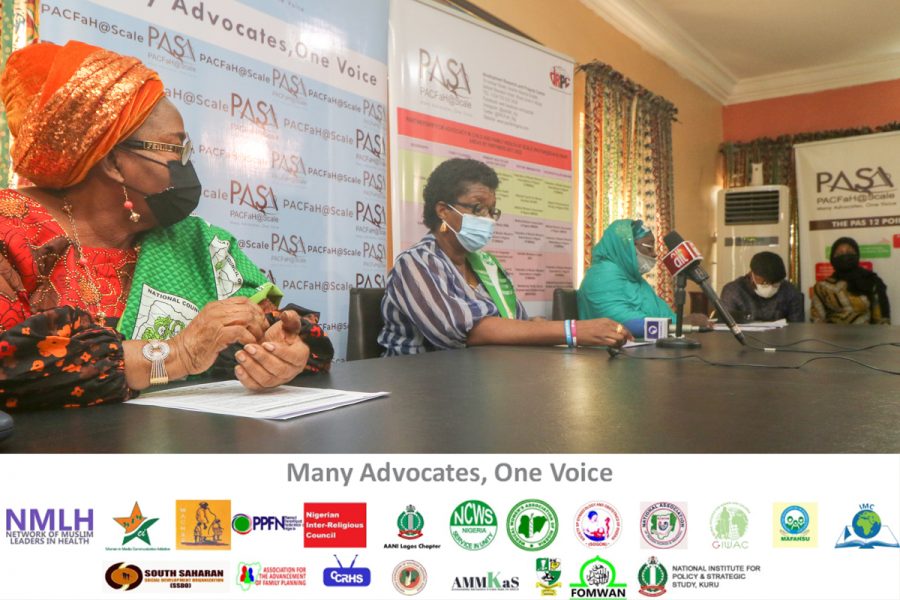Civil society organizations of the PACFaH@Scale project are demanding for improved equitable health system that will carter for the wellbeing of women and children in Nigeria as key requirement to move the nation out of its current poor health indices.
In a statement signed by Dr Ejike Oji, Project Director of the Association for the Advancement of Family Planning under the Partnership for Advocacy in family and child health at Scale, PACFaH@Scale, to mark the International Health Day, the group draw the attention of the federal government to the need to put in place key recommendations for a fairer and more equitable health system for women, especially rural women.
‘’As the world commemorates the world health day, today, 7th April 2021, the 23 civil society organizations of the PACFaH@Scale project align with the 2021 theme which focuses on fairness, equality and access in the health system. Coming just three weeks after International Women’s Day, the World Health Day provides an opportunity to reflect on the challenges experienced by women as primary health seekers of child and family health.’’ He said.
The group them recommended for greater inclusion of women and women’s associations in health program design, implementation and monitoring platforms at national and sub-national levels.
Dr Ejike added that although gender-based budgeting has been experimented with over the years in Nigeria, it has not gained traction in the country adding that despite numerous investments by donor supported open government and open budget initiatives. He, therefore, called for a more gender responsive budgeting to tackle the myriad of health challenges facing women and children in Nigeria.
‘’But perhaps most importantly is the recommendation for greater investment in creating a new generation female health champions to engage government with evidence and conviction on the imperative of making existing primary health care centers functional rather than building new ones.’’ He added.
Dr Ejike further explained that without dedicated stakeholder commitment towards building women health advocates and advocacy capacity of women in media, in health service delivery, in government and the private sector, fairness in the health system will continue to illude us.
‘’Women still need permission to access health services, they need to draw from the family’s stock of wealth to pay for children’s medical emergencies, they need functional primary health care centers walking distances from their home for ease of access, and they need health and nutrition and education to protect their families. Without a purposeful approach to addressing the needs of women in public health budgeting, policy making, programming and monitoring, the theme of this year’s World Health Day on fairness, may well continue to be relevant in the Nigerian health system in years to come. ‘ He added.
